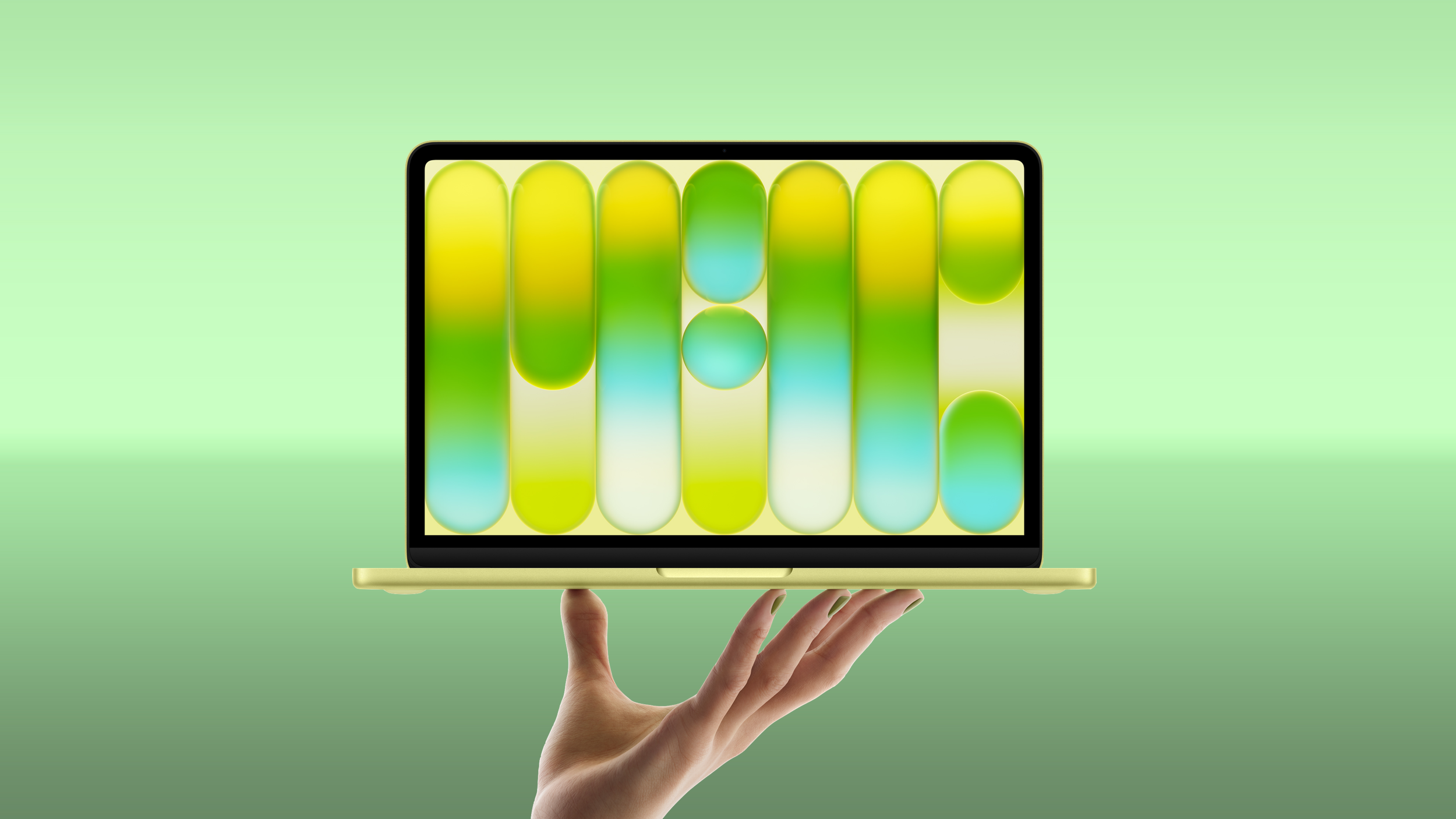|
ChatGPT uninstalls surged 295% after OpenAI accepted a Pentagon contract that rival Anthropic had rejected, triggering backlash and a surge in Claude downloads.
The post ChatGPT Uninstalls Surge 295% After OpenAI Accepts Pentagon Contract appeared first on eWEEK.
|
|
 Earlier today we began tracking the first pre-order offers on the new MacBook Air and MacBook Pro, and now the MacBook Neo has joined in at Best Buy. If you pre-order the new low-cost MacBook Neo at Best Buy, you'll get a free $25 Best Buy gift card after purchase. Earlier today we began tracking the first pre-order offers on the new MacBook Air and MacBook Pro, and now the MacBook Neo has joined in at Best Buy. If you pre-order the new low-cost MacBook Neo at Best Buy, you'll get a free $25 Best Buy gift card after purchase.
|
|


